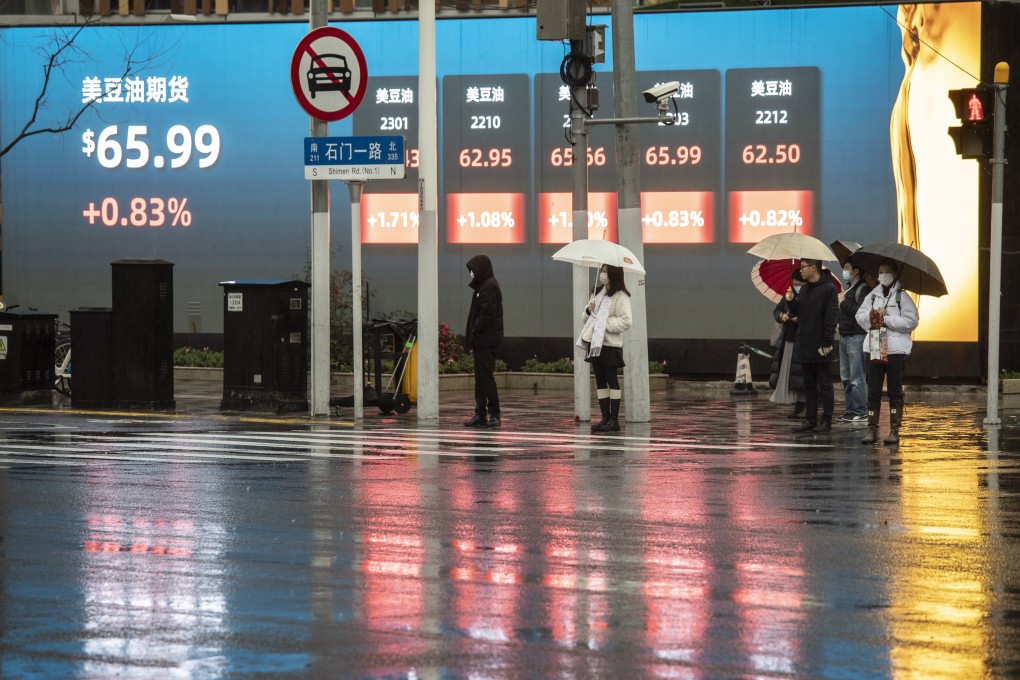Advertisement
Macroscope | How NPC policymakers can restore confidence in China’s economy and markets
- Current stimulus measures are insufficient to boost long-term loans and investment in the real economy amid low private-sector confidence
- More accommodative monetary policy and greater regulatory transparency could go a long way to improving investor sentiment
Reading Time:3 minutes
Why you can trust SCMP
4

The annual session of the National People’s Congress (NPC) will be held in Beijing from March 5. Amid China’s softening economic growth and falling stock prices, the conference is likely to draw a lot of attention from the market as investors expect to see more accommodative policy measures to stabilise growth.
Since the third quarter of 2021, there have been continuous policy efforts to revive China’s economic engine, particularly in domestic investment. At the NPC, a flexible growth target and bigger budget deficit are likely to be set in the government work report.
Moreover, to restore confidence of the private sector and investors, top policymakers may take this opportunity to better communicate their long-term reform plans.
Advertisement
Setting the annual growth target is top of the agenda at each NPC session. This year, expect to see a flexible growth target rolled out, probably between 5 per cent and 6 per cent. The economy is facing both secular and cyclical headwinds, so a flexible target will help Beijing mitigate the pressures.
An annual growth rate above 5 per cent is close to China’s long-term potential, and is also a critical level for creating sufficient employment. A moderate and flexible target is also helpful in preventing excessive stimulus and aggressive debt being accumulated by local governments.
More accommodative policies are expected to help mitigate growth risks. Since the third quarter of 2021, the People’s Bank of China has shifted to monetary easing from its previously hawkish stance.
Advertisement
Select Voice
Select Speed
1.00x
